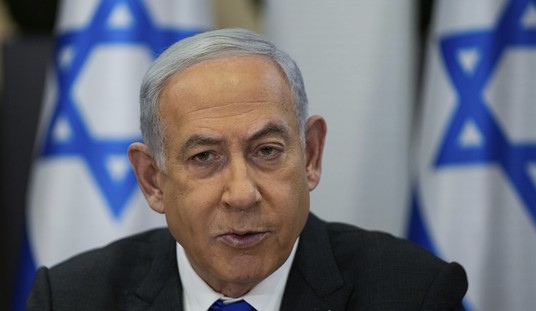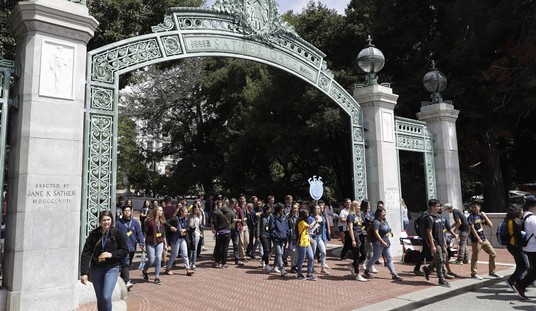Let me see if I can iron this one out: Since the investigation into last September’s terrorist attack in Benghazi got underway, Obama administration officials have maintained that no military units were ever told to stand down from and that they immediately deployed all of the available resources during the attack. Last month, however, self-proclaimed whistleblower and former diplomat in Tripoli at the time of the attack Greg Hicks told Congressional investigators that an Army special forces unit was told to stand down during the siege and subsequently missed the flight — and Hicks testified that he believes that, had the military perhaps been able to get a plane or two over the scene more quickly, the aggressors would have cut and run and the mortar attack that killed two of the four total Americans might never have happened.
In his own testimony in front of a Senate panel on Wednesday, however, chairman of the Joint Chiefs of Staff Gen. Martin Dempsey insisted that Hick’s testimony wasn’t an accurate portrayal of how the whole thing went down; the timing and the need for help with casualties from Benghazi, Dempsey said, resulted in orders for the unit to go to and then remain in Tripoli:
“They weren’t told to stand down. A `stand down’ means don’t do anything,” he said. “They were told that the mission they were asked to perform was not in Benghazi, but was at Tripoli airport.” …
Sens. Ron Johnson, R-Wis., and Kelly Ayotte, R-N.H., questioned Dempsey about Hicks’ testimony at a hearing on the military budget.
Dempsey explained that when the four members of Army special forces contacted their command center in Stuttgart, Germany, they were informed that Americans in Benghazi were “on their way and that they would be better used at the Tripoli airport because one of them was a medic.”
He also said that “if they had gone, they would have simply passed each other in the air.” …
Dempsey and former Defense Secretary Leon Panetta had told the Senate in February that the military couldn’t get resources to Benghazi in time and scrambling jet fighters wasn’t the right course. Dempsey told Ayotte that after he learned of Hicks’ testimony last month, he checked back with officials on what orders were given.
So, given Dempsey’s testimony that this particular military unit was never explicitly told to “stand down” and only received marching orders too late after the fact to have been useful in interrupting it, that still doesn’t really move us any closer to directly answering why the consulate’s security was so unprepared after explicit requests for more, the muddled and lagging response, and precisely which people are accountable. Most importantly of all, it doesn’t explain why Obama’s State Department — after repeatedly emphasizing that they will address embassy security as a priority and insisting that “we have a lot more important things to move on to” than Benghazi — well, isn’t.
A new report by the State Department’s Office of Inspector General (OIG) on the U.S. embassy in Beirut, Lebanon, indicates that security at even the most exposed embassies of the United States is still inadequate. …
The report’s most disturbing finding is this one:
“Physical security vulnerabilities at mission facilities, which include office buildings and residences, place employees at risk. Compliance with Overseas Security Policy Board standards is not possible at the current location.” …
The U.S. Beirut embassy, according to the OIG, currently has 64 full-time employees, 20 temporary-duty personnel to supplement the permanent staff, and 533 locally employed staff members. …







Join the conversation as a VIP Member